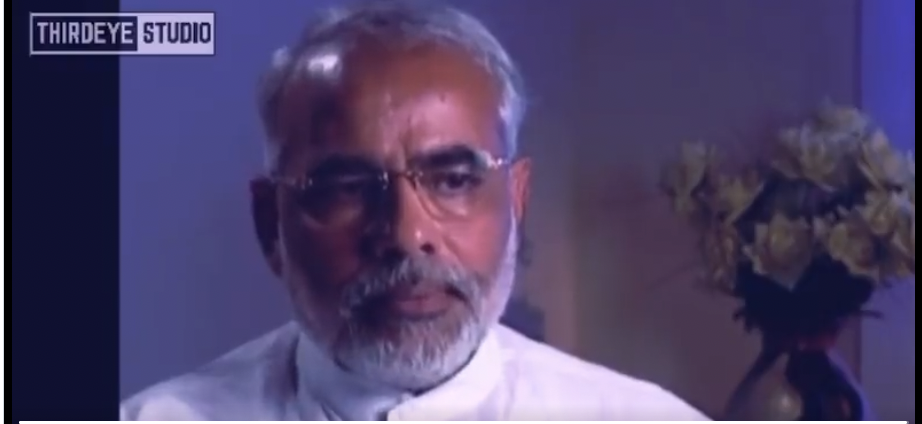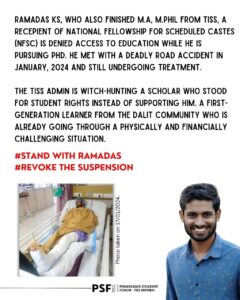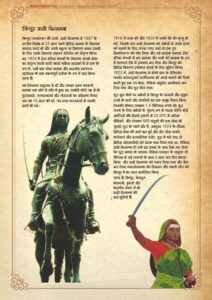What are the Emergency powers that have allegedly been invoked to block tweets and videos on Youtube relating to the BBC documentary “India: The Modi Question”?

According to this report by NDTV, the “The centre has ordered Twitter and YouTube to take down links of a BBC documentary on the 2002 Gujarat riots and Prime Minister Narendra Modi.” The report quotes unnamed ‘people with direct knowledge of the matter’. It also goes on to add that the information and Broadcasting (I & B) Ministry “gave the order to take down the links using emergency powers under the Information Technology Rules, 2021.” Apparently, both YouTube and Twitter have agreed to follow the order, the NDTV report says attributing its information to ‘people with knowledge of the matter.’
So what are these Emergency powers?
Well, these powers emanate from Rule 16 of the Information Technology (Intermediary Guidelines and Digital Media Ethics Code) Rules, 2021, which states that “the Authorised Officer, in any case of emergency nature, for which no delay is acceptable, shall examine the relevant content and consider whether it is within the grounds referred to in sub-section (1) of section 69A of the Act and it is necessary or expedient and justifiable to block such information or
part thereof and submit a specific recommendation in writing to the Secretary, Ministry of Information and
Broadcasting (The rules may be accessed here).
So let’s go to sub-section (1) of Sec 69 A of the IT Act:
[ 69A Power to issue directions for blocking for public access of any information through any computer resource.
(1) Where the Central Government or any of its officer specially authorised by it in this behalf is satisfied that it is necessary or expedient so to do, in the interest of sovereignty and integrity of India, defence of India, security of the State, friendly relations with foreign States or public order or for preventing incitement to the commission of any cognizable offence relating to above, it may subject to the provisions of sub-section (2) for reasons to be recorded in writing, by order, direct any agency of the Government or intermediary to block for access by the public or cause to be blocked for access by the public any information generated, transmitted, received, stored or hosted in any computer resource.
(2) The procedure and safeguards subject to which such blocking for access by the public may be carried out, shall be such as may be prescribed.
(3) The intermediary who fails to comply with the direction issued under sub-section (1) shall be punished with an imprisonment for a term which may extend to seven years and shall also be liable to fine. ]
Basically, the officer can decide that the BBC video, or the tweets relating to it, need to be blocked
a) in the interest of sovereignty and integrity of India,
b) defence of India,
c) security of the State,
d) friendly relations with foreign States or
e) public order or
f) for preventing incitement to the commission of any cognizable offence relating to above
The rules, pertaining to digital news publishers, social media platforms and OTT platforms, have been criticised for being excessive and arbitrary. But the government has defended the rules and said that they have been in place since 2009, with the Information Technology (Procedure and Safeguards for Blocking for Access of Information by Public) Rules, 2009 (The rules may be accessed here ).
Now, how the BBC documentary attracts the provisions of Sec 69 A is anybody’s guess.
This isn’t the first time that the Government has invoked its Emergency powers. On December 13, 2022, the Indian government blocked a website, two mobile apps and four social media accounts of the Pakistani -based OTT platform Vidly TV, after it aired a web series titled ‘Sevak: The Cofessions’, which reportedly dealt with Operation Blue Star, the Malegaon blasts, the Samjauta Express blast, the demolition of Babri Masjid etc ..


